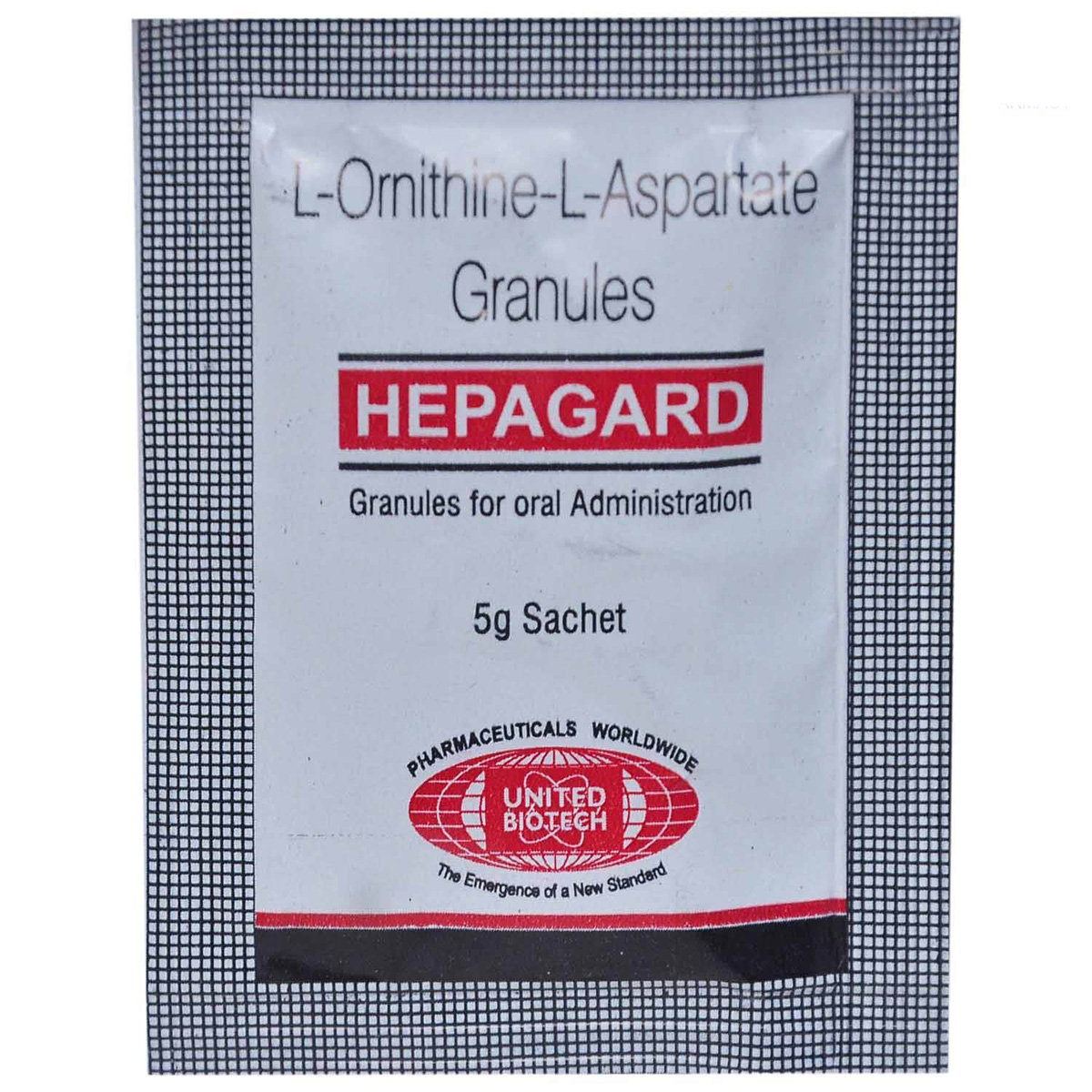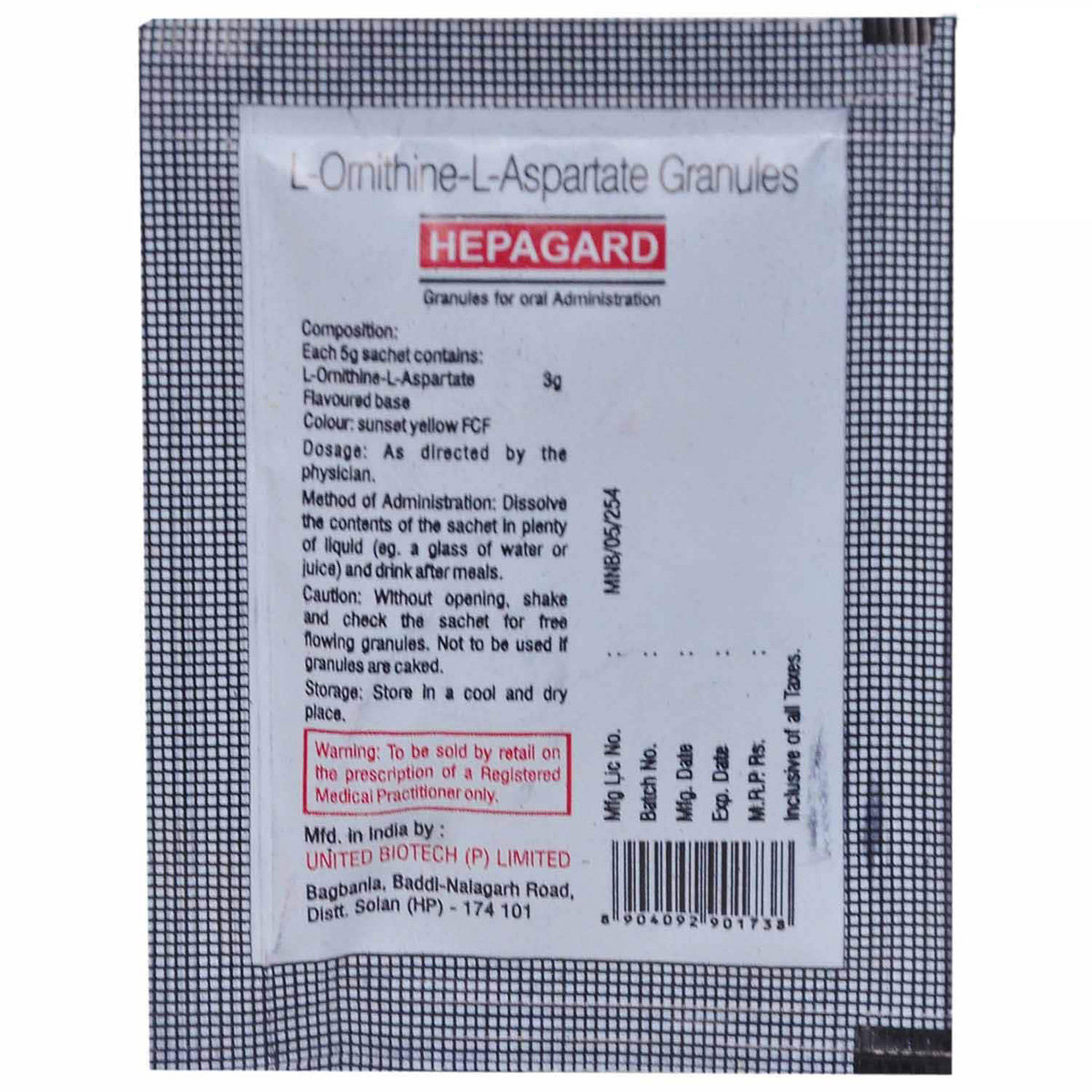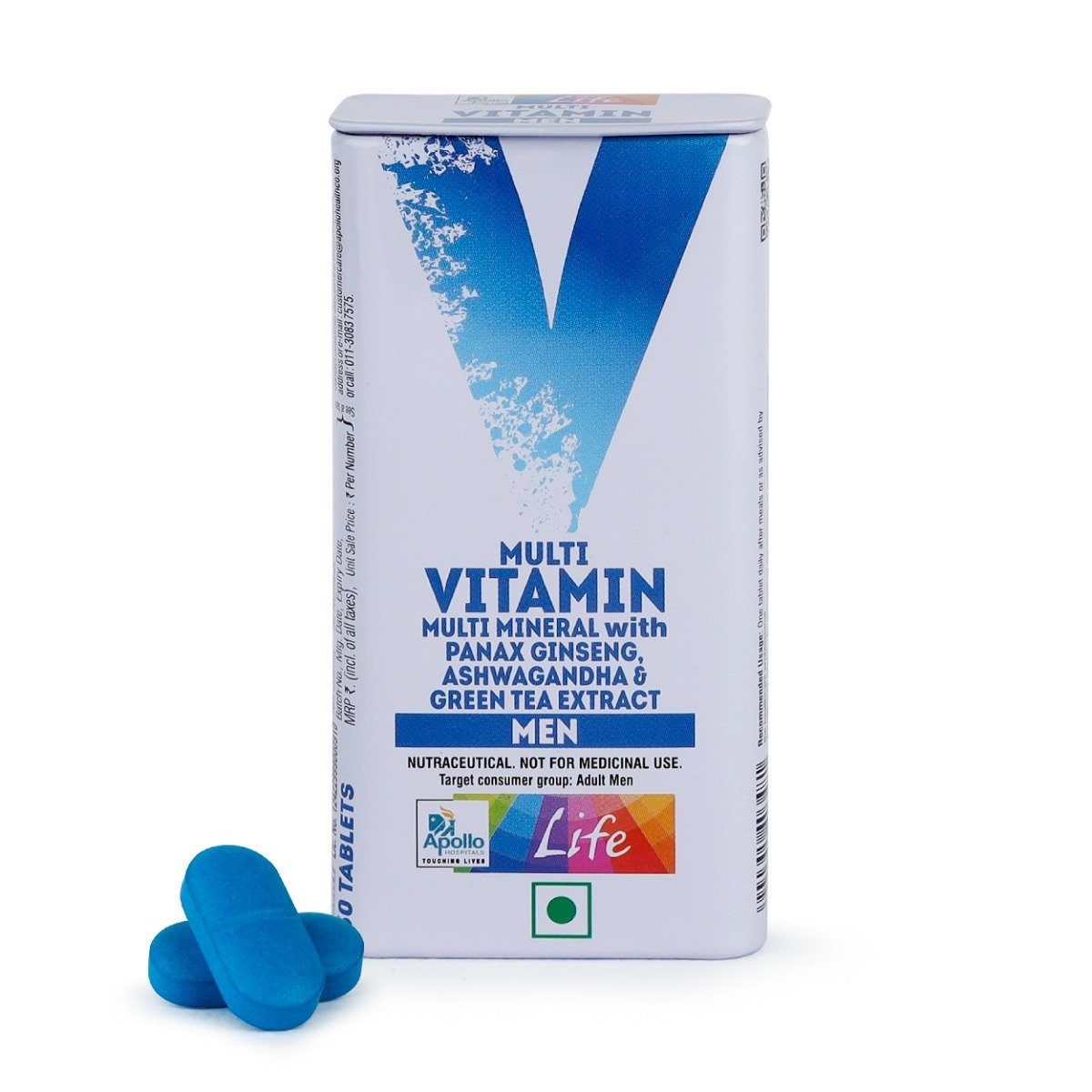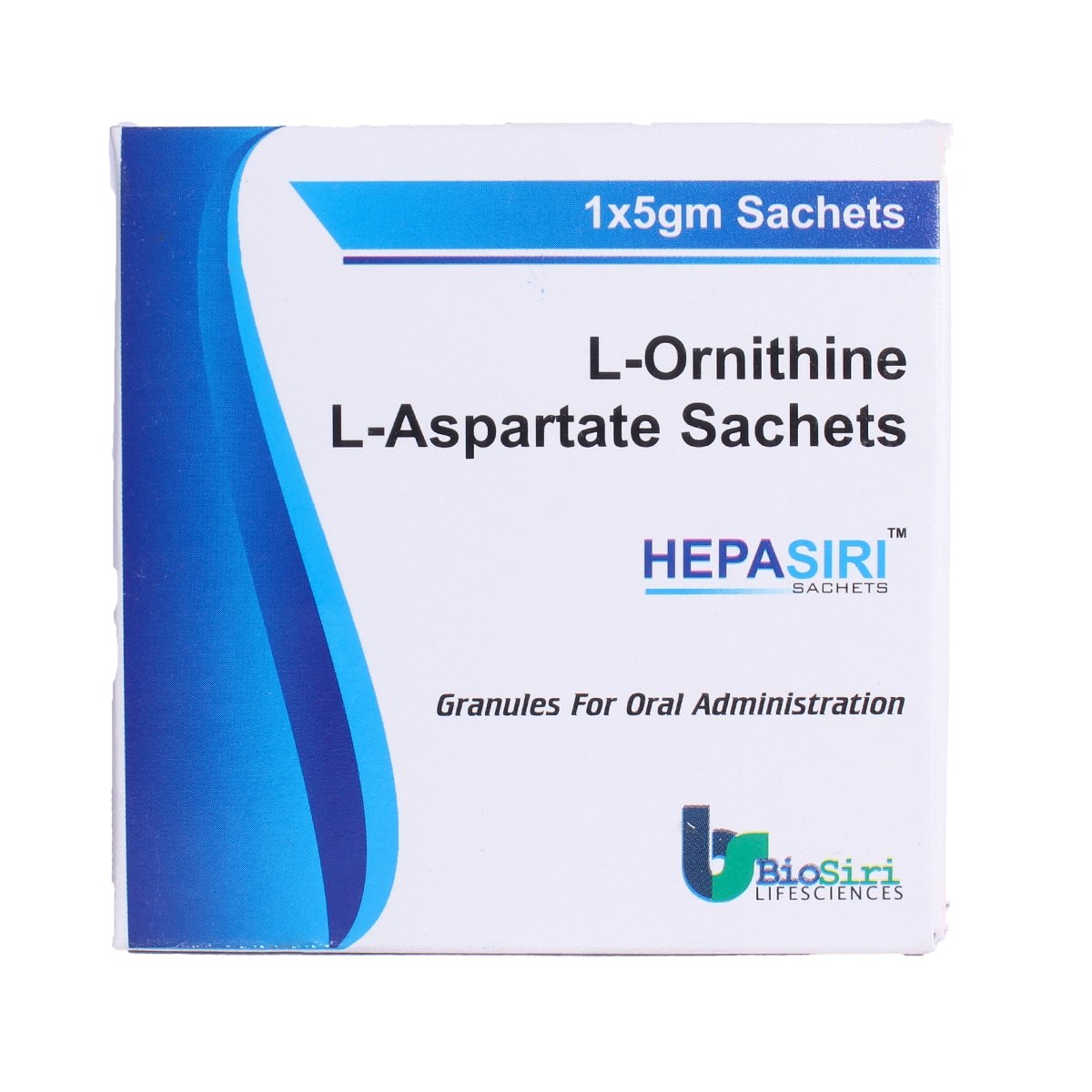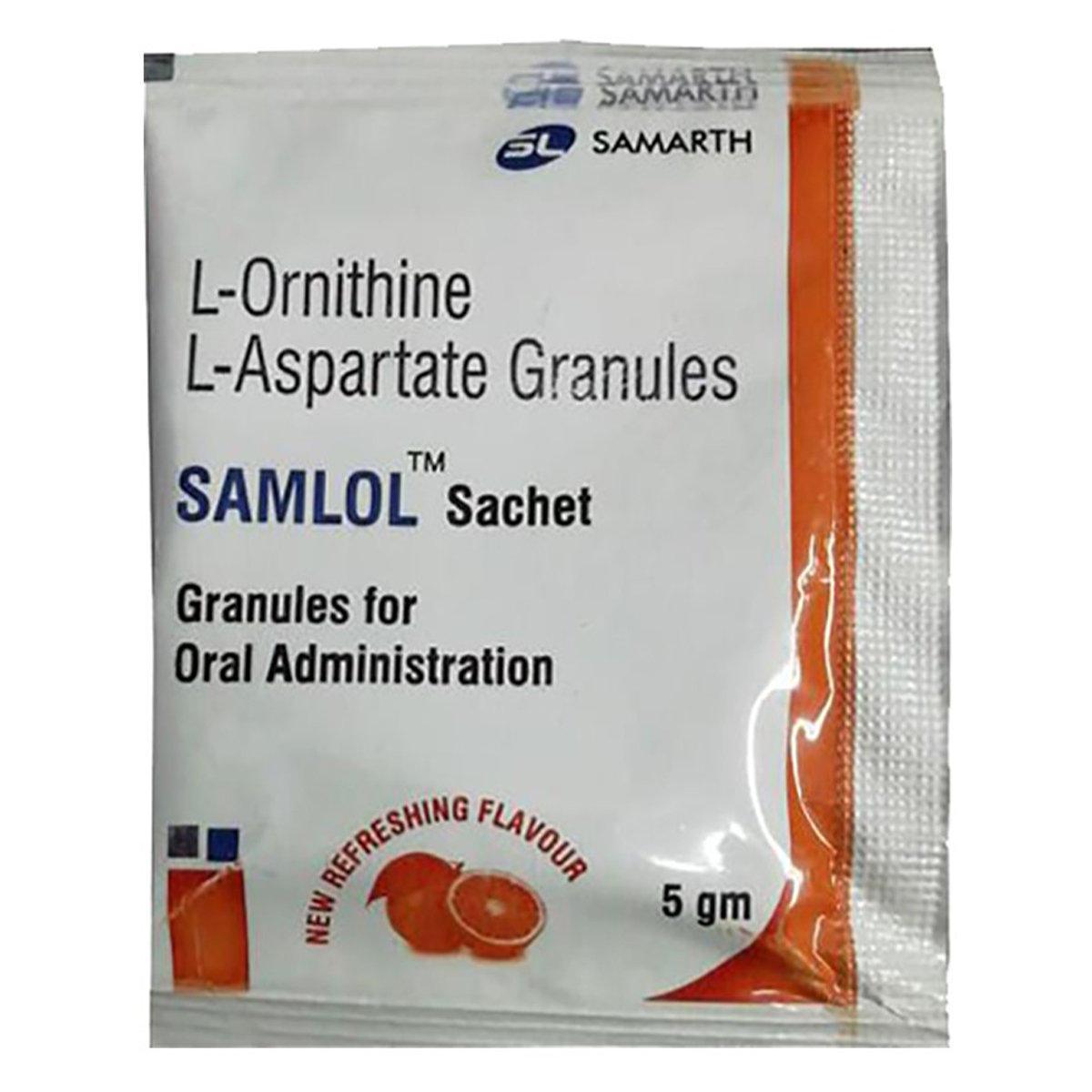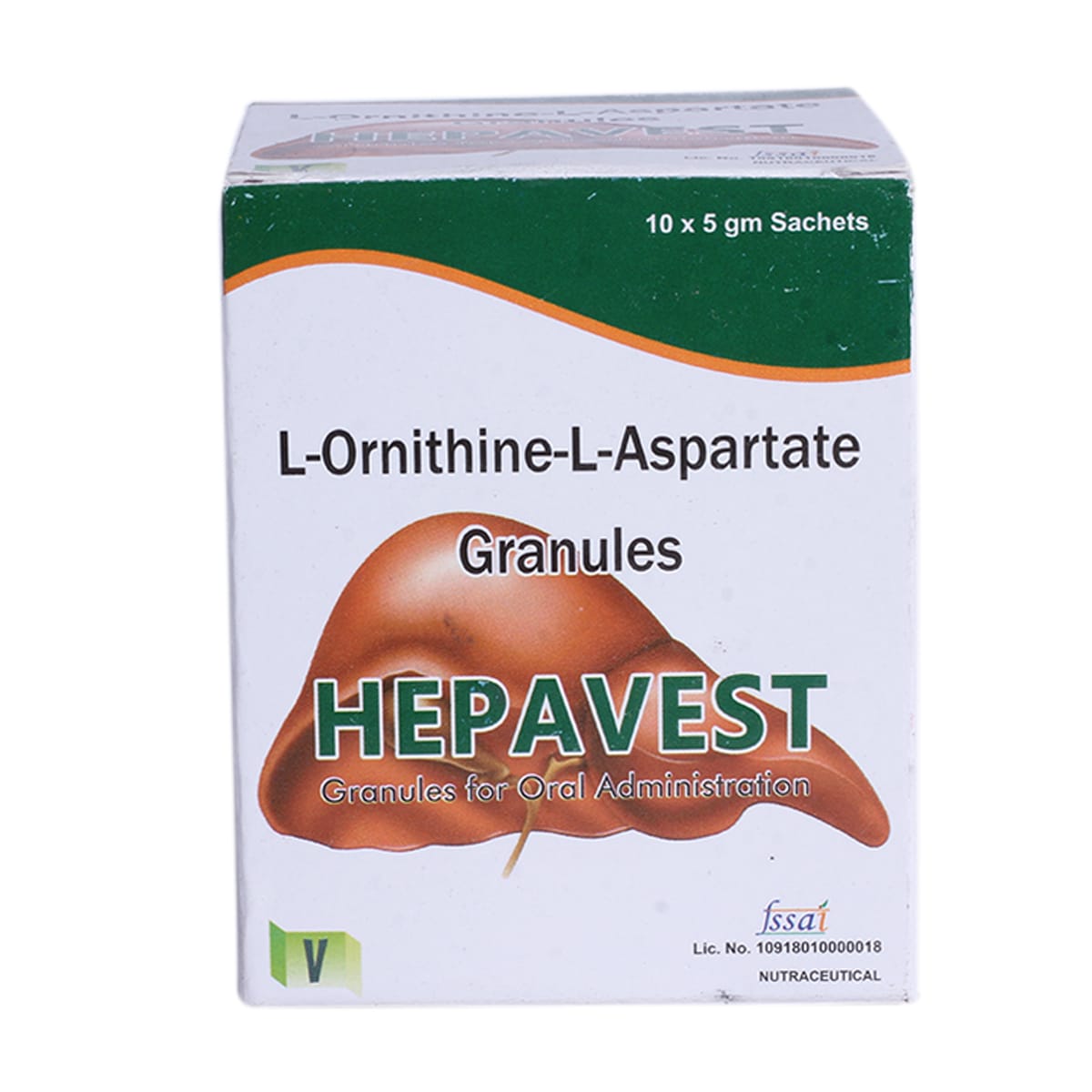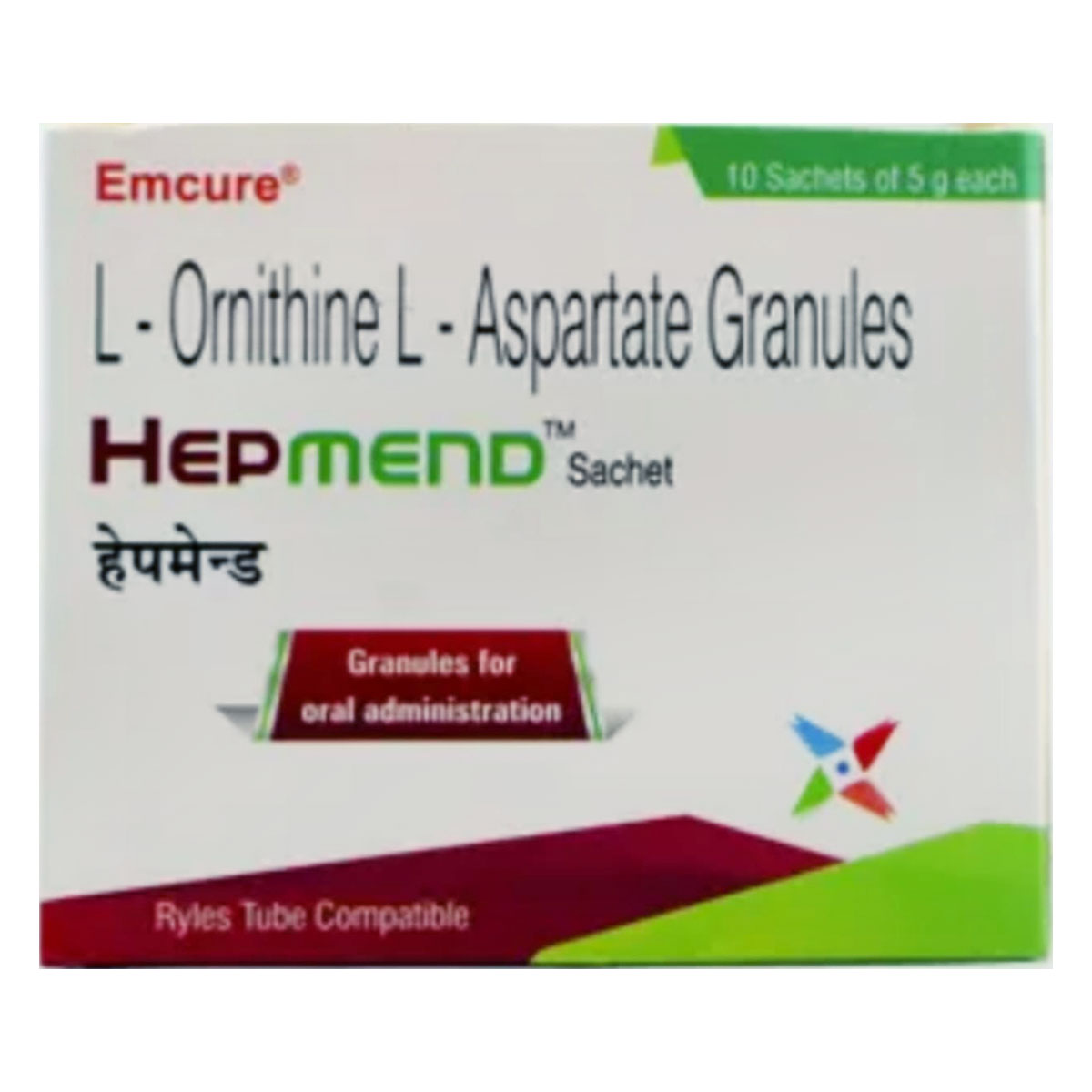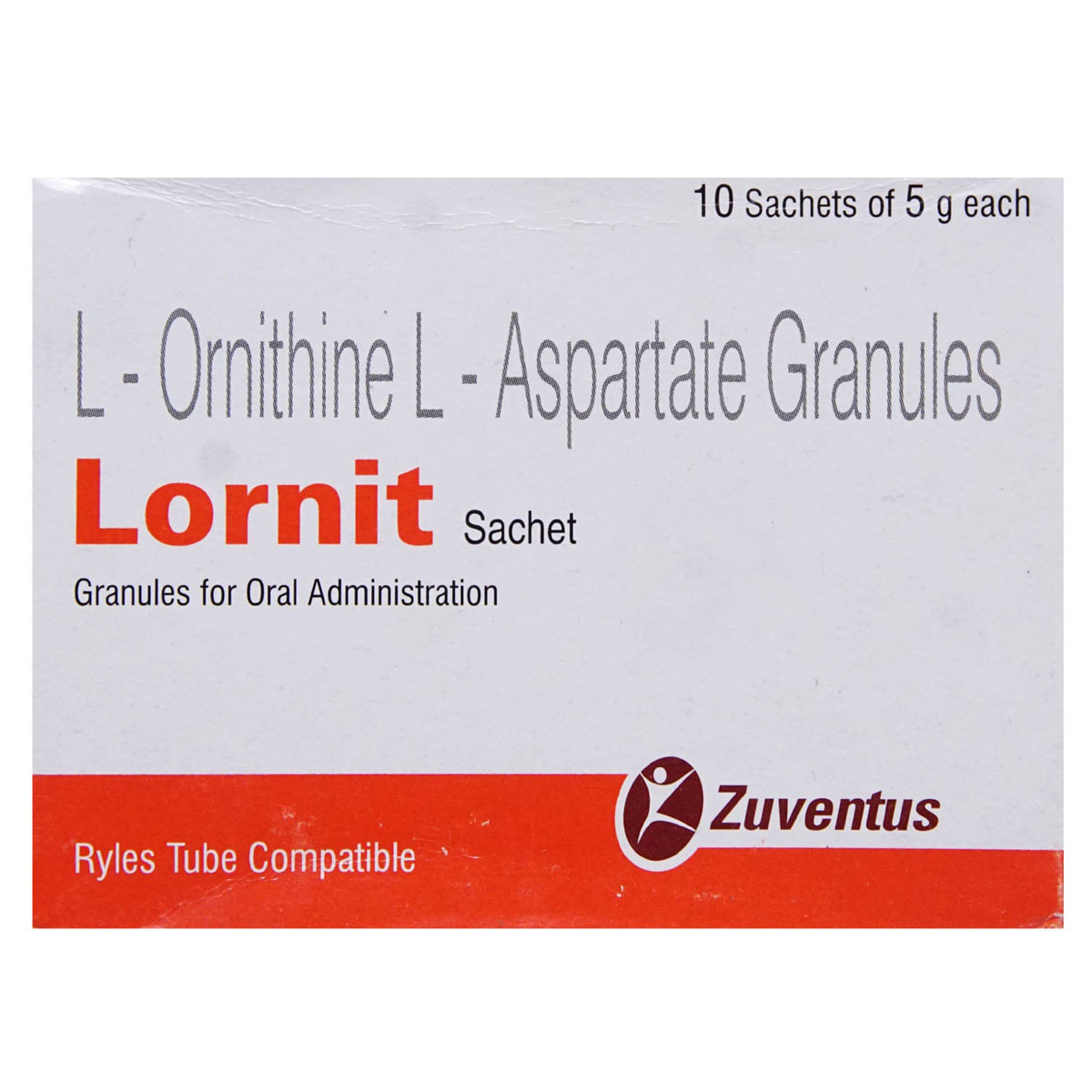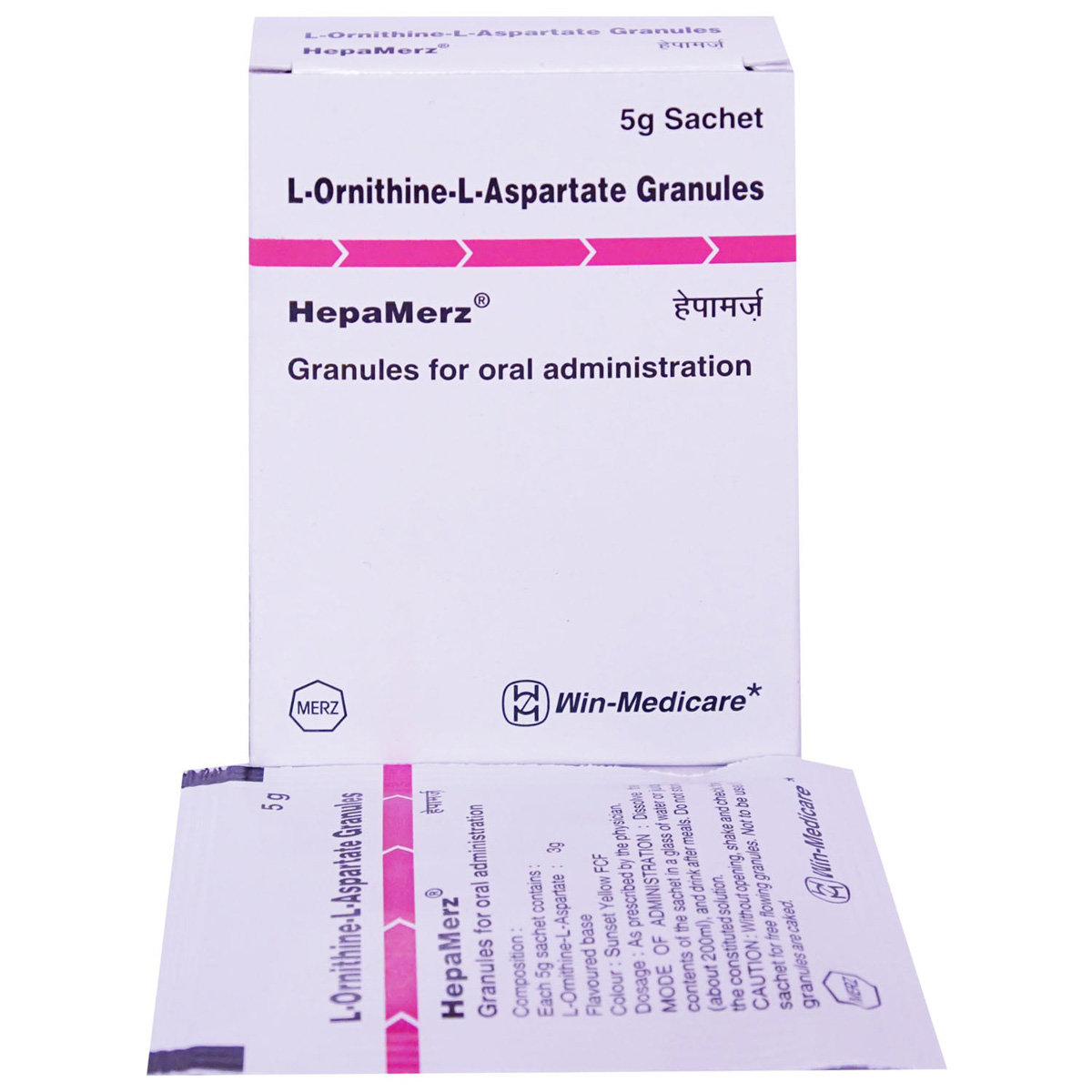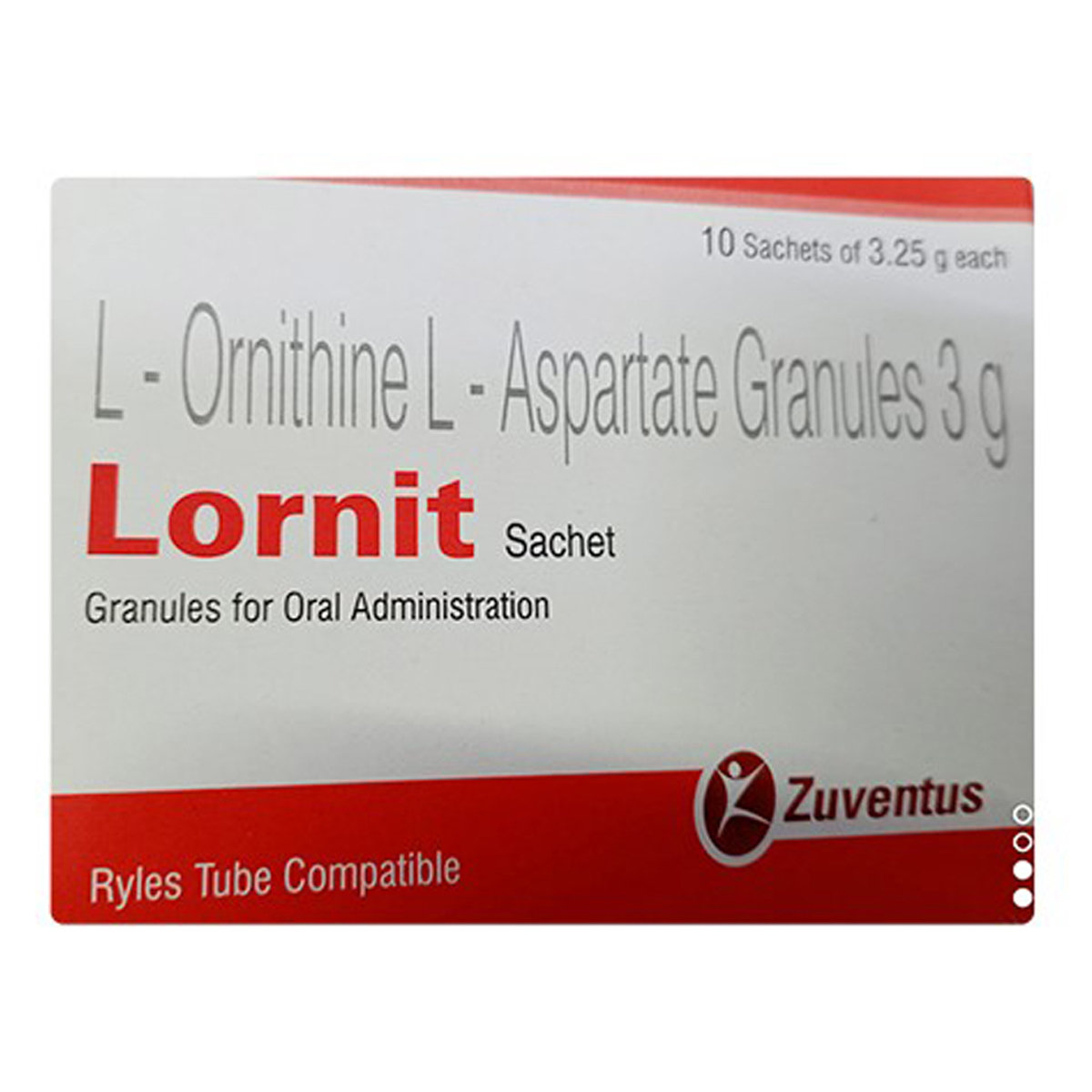Hepagard Sachet
MRP ₹194
(Inclusive of all Taxes)
₹29.1 Cashback (15%)
About Hepagard Sachet
Hepagard Sachet is a combination medicine used to treat liver diseases such as acute and chronic hepatitis, chronic alcoholic liver damage, fatty liver, jaundice, liver cirrhosis, and non-alcoholic steatohepatitis (non-alcoholic fatty liver disease). Liver diseases lead to disturbance of vital liver functions. Hepagard Sachet effectively prevents multiple liver disease mechanisms and ensures protection, regeneration, and rejuvenation of the liver.
Hepagard Sachet contains L-ornithine-L-aspartate as its active ingredient. L-ornithine-L-aspartate rejuvenates the liver by increasing the rate of energy production in liver cells. It decreases ammonia levels in the blood by increasing ammonia detoxification. Hepagard Sachet helps in treating liver disease.
You are advised to take Hepagard Sachet for as long as your doctor has prescribed it for you depending on your medical condition. In some cases, you may experience certain common side-effects such as headache, fatigue, diarrhoea, abdominal pain, and nausea. Most of these side-effects do not require medical attention and will resolve gradually over time. However, you are advised to talk to your doctor if you experience these side-effects persistently.
Let your doctor know if you are allergic to any of the contents in Hepagard Sachet. Consult your doctor before taking Hepagard Sachet if you are pregnant or breastfeeding. Be cautious while driving and operating machinery as it is unknown if Hepagard Sachet interferes with your ability to drive. Avoid consuming alcohol along with Hepagard Sachet as it could lead to further liver damage. Hepagard Sachet should not be given to children unless prescribed by the doctor.
Country of origin
Manufacturer/Marketer address
Online payment accepted

secured payment

india's most trusted pharmacy

genuine products
Composition :
Manufacturer/Marketer :
Consume Type :
Expires on or after :
Return Policy :
Provide Delivery Location
About Hepagard Sachet
Hepagard Sachet is a combination medicine used to treat liver diseases such as acute and chronic hepatitis, chronic alcoholic liver damage, fatty liver, jaundice, liver cirrhosis, and non-alcoholic steatohepatitis (non-alcoholic fatty liver disease). Liver diseases lead to disturbance of vital liver functions. Hepagard Sachet effectively prevents multiple liver disease mechanisms and ensures protection, regeneration, and rejuvenation of the liver.
Hepagard Sachet contains L-ornithine-L-aspartate as its active ingredient. L-ornithine-L-aspartate rejuvenates the liver by increasing the rate of energy production in liver cells. It decreases ammonia levels in the blood by increasing ammonia detoxification. Hepagard Sachet helps in treating liver disease.
You are advised to take Hepagard Sachet for as long as your doctor has prescribed it for you depending on your medical condition. In some cases, you may experience certain common side-effects such as headache, fatigue, diarrhoea, abdominal pain, and nausea. Most of these side-effects do not require medical attention and will resolve gradually over time. However, you are advised to talk to your doctor if you experience these side-effects persistently.
Let your doctor know if you are allergic to any of the contents in Hepagard Sachet. Consult your doctor before taking Hepagard Sachet if you are pregnant or breastfeeding. Be cautious while driving and operating machinery as it is unknown if Hepagard Sachet interferes with your ability to drive. Avoid consuming alcohol along with Hepagard Sachet as it could lead to further liver damage. Hepagard Sachet should not be given to children unless prescribed by the doctor.
Uses of Hepagard Sachet
Key Benefits
Hepagard Sachet contains two nonessential amino acids such as ornithine and aspartic acid. This medication has the benefit of lowering ammonia present in blood and is thus used in the treatment of hepatic encephalopathy. Hepagard Sachet helps to increase the number of amino acids, arginine in the body. Ammonia is a nitrogenous waste of the body that is excreted from the body in the urine. Ammonia may be poisonous for blood cells, by reducing the levels of ammonia in the body, Hepagard Sachet avoids the risk associated with elevated ammonia levels in the whole body. Hepagard Sachet has liver-protecting properties if given to patients with fatty liver.
Directions for Use
Storage
Side Effects of Hepagard Sachet
- Headache
- Fatigue
- Nausea
- Diarrhoea
- Abdominal pain
Drug Warnings
Do not take Hepagard Sachet if you are allergic to any of its contents. Consult your doctor before taking Hepagard Sachet if you are pregnant or breastfeeding. Be cautious while driving and operating machinery as it is unknown if Hepagard Sachet interferes with your ability to drive. Avoid consuming alcohol along with Hepagard Sachet as it could lead to further liver damage. Hepagard Sachet should not be given to children unless prescribed by the doctor. Inform your doctor regarding your health condition and the medicines you are taking to rule out any side-effects/interactions.
Drug Interactions
Drug-Drug Interactions: Hepagard Sachet may have interaction with an anti-Parkinson agent (levodopa).
Drug-Food Interactions: No interactions found/established.
Drug-Disease Interactions: No interactions found/established.
Drug-Drug Interactions Checker List
- LEVODOPA
Habit Forming
Diet & Lifestyle Advise
- Avoid alcohol consumption and quit smoking.
- Maintain a healthy weight by exercising regularly.
- Adopt a liver-friendly diet such as fibre-rich food.
- Cut down on fats, sugar, and salt.
- Avoid stress by practising yoga or meditation.
- Exercise regularly as it helps in reducing the accumulation of fat.
Special Advise
During the treatment with Hepagard Sachet, try to have a monthly liver function test (LFT).
Disease/Condition Glossary
Liver disease: The liver is an important organ responsible for carrying-out many vital functions such as metabolism, detoxification of waste, and energy storage. Liver diseases occur due to disturbance of liver functions. Liver diseases include acute and chronic hepatitis, chronic alcoholic liver damage, fatty liver, jaundice, liver cirrhosis, and non-alcoholic steatohepatitis (non-alcoholic fatty liver disease). Hepatitis occurs due to viral infection leading to liver damage and inflammation, making it difficult for the liver to function properly. The fatty liver could occur due to excess alcohol consumption (alcoholic fatty liver) or other factors (non-alcoholic fatty liver). Liver cirrhosis is damage to the liver, which causes scarring and liver failure. Jaundice occurs due to the build-up of bilirubin in the blood, which causes the yellowing of skin and eyes. Symptoms include dark urine, yellowing of skin and eyes, loss of appetite, fatigue, bloody or dark stools, nausea, and vomiting.
FAQs
Disclaimer
Alcohol
Safe if prescribed
Avoid consumption of alcohol while taking Hepagard Sachet as it may lead to further liver damage.
Pregnancy
Consult your doctor
Limited information is available regarding the usage of Hepagard Sachet in pregnancy. Consult your doctor before taking Hepagard Sachet if you are pregnant or if you have any concerns regarding this; your doctor will prescribe only if the benefits outweigh the risks.
Breast Feeding
Consult your doctor
Limited information is available regarding the usage of Hepagard Sachet in breastfeeding mothers. Consult your doctor before taking Hepagard Sachet; your doctor will decide whether Hepagard Sachet can be taken by breastfeeding mothers or not.
Driving
Safe if prescribed
It is not known if Hepagard Sachet interferes with your ability to drive. Be cautious while driving or operating machinery.
Liver
Consult your doctor
Hepagard Sachet is used to treat various liver diseases. So, it is probably safe to be taken by patients with liver impairment. However, consult your doctor if you have any concerns.
Kidney
Consult your doctor
Please consult your doctor if you have any concerns regarding the usage of Hepagard Sachet in patients with kidney impairment.
Children
Safe if prescribed
Limited information is available regarding the usage of Hepagard Sachet in children. Please consult your doctor.
Uses of Hepagard Sachet
Key Benefits
Hepagard Sachet contains two nonessential amino acids such as ornithine and aspartic acid. This medication has the benefit of lowering ammonia present in blood and is thus used in the treatment of hepatic encephalopathy. Hepagard Sachet helps to increase the number of amino acids, arginine in the body. Ammonia is a nitrogenous waste of the body that is excreted from the body in the urine. Ammonia may be poisonous for blood cells, by reducing the levels of ammonia in the body, Hepagard Sachet avoids the risk associated with elevated ammonia levels in the whole body. Hepagard Sachet has liver-protecting properties if given to patients with fatty liver.
Directions for Use
Storage
Drug Warnings
Do not take Hepagard Sachet if you are allergic to any of its contents. Consult your doctor before taking Hepagard Sachet if you are pregnant or breastfeeding. Be cautious while driving and operating machinery as it is unknown if Hepagard Sachet interferes with your ability to drive. Avoid consuming alcohol along with Hepagard Sachet as it could lead to further liver damage. Hepagard Sachet should not be given to children unless prescribed by the doctor. Inform your doctor regarding your health condition and the medicines you are taking to rule out any side-effects/interactions.
Therapeutic Class
Drug-Drug Interactions
Drug-Drug Interactions
Login/Sign Up
Drug-Drug Interactions Checker List
- LEVODOPA
Diet & Lifestyle Advise
- Avoid alcohol consumption and quit smoking.
- Maintain a healthy weight by exercising regularly.
- Adopt a liver-friendly diet such as fibre-rich food.
- Cut down on fats, sugar, and salt.
- Avoid stress by practising yoga or meditation.
- Exercise regularly as it helps in reducing the accumulation of fat.
Habit Forming
Side Effects of Hepagard Sachet
- Headache
- Fatigue
- Nausea
- Diarrhoea
- Abdominal pain
Special Advise
During the treatment with Hepagard Sachet, try to have a monthly liver function test (LFT).
Disease/Condition Glossary
Liver disease: The liver is an important organ responsible for carrying-out many vital functions such as metabolism, detoxification of waste, and energy storage. Liver diseases occur due to disturbance of liver functions. Liver diseases include acute and chronic hepatitis, chronic alcoholic liver damage, fatty liver, jaundice, liver cirrhosis, and non-alcoholic steatohepatitis (non-alcoholic fatty liver disease). Hepatitis occurs due to viral infection leading to liver damage and inflammation, making it difficult for the liver to function properly. The fatty liver could occur due to excess alcohol consumption (alcoholic fatty liver) or other factors (non-alcoholic fatty liver). Liver cirrhosis is damage to the liver, which causes scarring and liver failure. Jaundice occurs due to the build-up of bilirubin in the blood, which causes the yellowing of skin and eyes. Symptoms include dark urine, yellowing of skin and eyes, loss of appetite, fatigue, bloody or dark stools, nausea, and vomiting.
All Substitutes & Brand Comparisons
RX
Hepasiri Granules 5 gm
Biosiri Life Sciences
₹150
(₹27.0/ 1gm)
22% CHEAPERRX
Neorg Orange Granules 5 gm
Neovita Biopharmaceutical Pvt Ltd
₹151
(₹27.18/ 1gm)
22% CHEAPERRX
Samlol Sachet 5 gm
Samarth Life Sciences Pvt Ltd
₹151.5
(₹27.28/ 1gm)
21% CHEAPER

Have a query?

